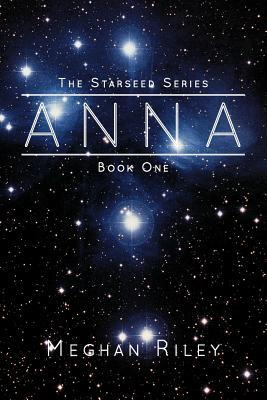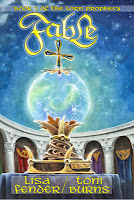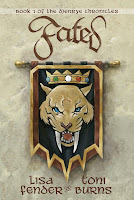Today we have a rocking interview with author Gamal Hennessy. Learn more about Gamal on his website. Check it out!
Website/ Facebook/ Twitter/ Goodreads
Website/ Facebook/ Twitter/ Goodreads
What are you working on right now?
My latest book is titled A Taste of Honey. It’s a crime fiction novel about a young woman forced to spy on arms smugglers so she can steal evidence of their crimes. The sequel A Touch of Honey will be available in February of 2015.
Amazon
What advice can you share with other Indie and aspiring Indie authors?
Write because you enjoy the craft. Money and fame might not happen. The craft is always with you.
Which authors inspire you?
Although my primary genre is spy fiction, I take inspiration from a cross section of current and historical writers. I try to create books that can match crime thriller masters like Barry Eisler and John Le Carre. At the same time, I try to emulate Anais Nin's internal struggle with sexual expression and Oscar Wilde's gift of dialogue and subdued social commentary. I still have years to go before I reach the level of any of these artists, but I'm trying to live up to those standards.
Do you have a special time to write or how is your day structured?
I try to write for 1-2 hours per day during the weekdays, but that time could be spent in pre-production (creating story structure and outlines), post production (editing) or actual production (writing). During most weeks, I’m working on three books at the same time, one in each stage of the production process.
Do you work to an outline or plot, or do you prefer to just see where an idea takes you?
I have modified a screenwriting method for my novels, so I start with a premise and flesh out the broad concepts in the story. From there I break the story into acts, the acts into chapters and the chapters into beats. Along the way I add in subplots and modify the inciting incident and spine into the climax that I feel works best. After the outline is done, then I start writing, knowing that the final manuscript will be significantly different from the plot.
How long, on average, does it take you to write a book?
The whole process takes about 9 months. It takes me 1-2 months to create a plot. After that, the first draft of the manuscript takes about 4 months to write. The initial editing takes about another month and after my beta readers send back comments, the internal edit takes about 2 weeks. I send the book to a professional editor who takes about 4 weeks to get it back to me. Once I add in the time for formatting, cover design and initial set up, the whole process takes about a year.




























